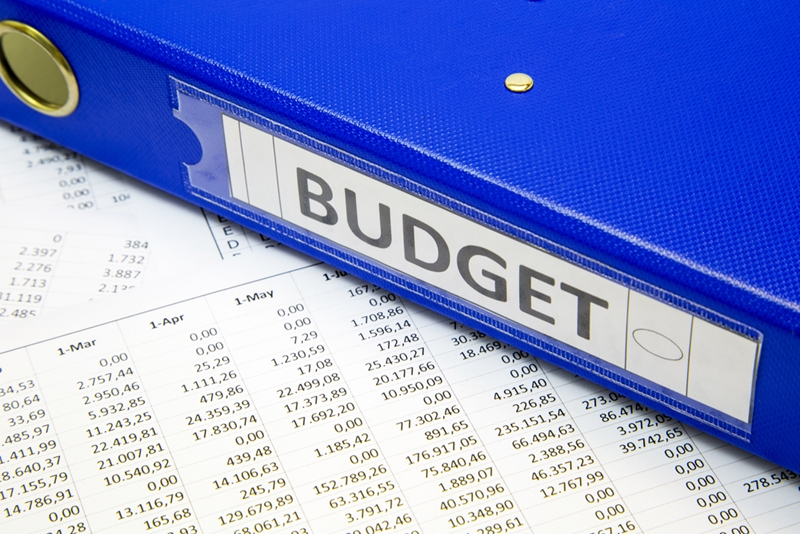What should you do when negotiating for a car?
Around one in 10 Australians are looking to buy a car in the next four years. This new insight from Roy Morgan Research is rather telling of our car-buying demographic. More than 2.3 million of us are planning to put a new set of wheels on our driveways sometime in the near future, while 634,000 will do so in the next 12 months.
That also means that millions of us will be heading to our dealerships to start looking for a new or used car, or heading online to see if they can snap up a bargain with a private sale.
Whether it's your first time having such a discussion or you're a seasoned negotiator, there's probably some way you can improve your chances of landing the car you want at a price that suits. To help, here are four tips for haggling on the price of your new car.
1. Know your limit
Every car has a price, and you want to make sure you're not paying more than you can afford. Set a realistic budget for yourself early on, and have the willpower to stick to this limit.
If the lowest price your seller will go to is above your budget, it's time to look at something else. Don't worry, there are plenty more bargains out there, and your bank account will thank you for saying no.

What does your budget say about a new car?
2. Know the car's history
This goes without saying, but the price you put on a car is hugely influenced by its history. A car that's had extensive repairs will not be worth the same as one that's avoided trouble at every turn. You can't tell its history with a glance, and the seller might not know all the details.
A PPSR (formerly REVS) check is a good way to narrow down your search. Once you have a shortlist of vehicles you're interested in, get your report online and see if any of them have a chequered past.
3. Avoid emotions
No matter how badly you want to buy your dream car, make sure it's roadworthy first.
Driving can be an emotive experience, but your feelings shouldn't extend to the negotiating table. If you see your dream car, it's important not to let your feelings run away with you.
Sellers, too, can have an emotional attachment to their vehicles, and may ask for more money as a result. If you do your research and know what a fair price is, you can have a discussion based on logic, not emotion.
4. Get your finances in order
If you're heading to the car dealership with a view of financing your new vehicle, you have to know your credit score. Lenders will use this to determine if you're eligible for finance, and can give better rates if you are a safe bet.
Meanwhile, a pre-approved loan might make you more attractive to dealerships. In short, make sure you can afford your new car to ensure you're making the best financial decision.
Got the registration number?
Get your report online now
Instant access to a vehicle’s history from only $28.95
